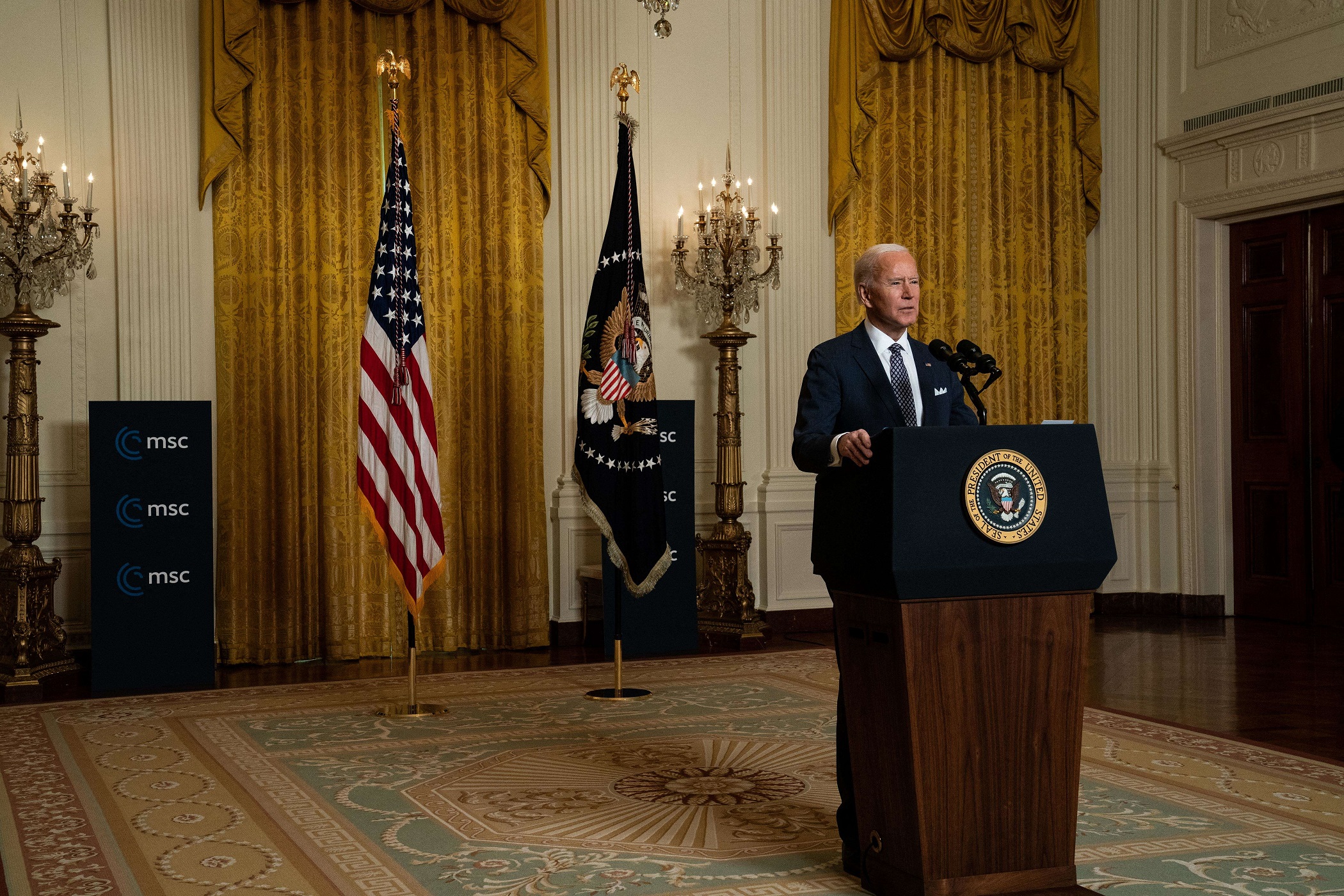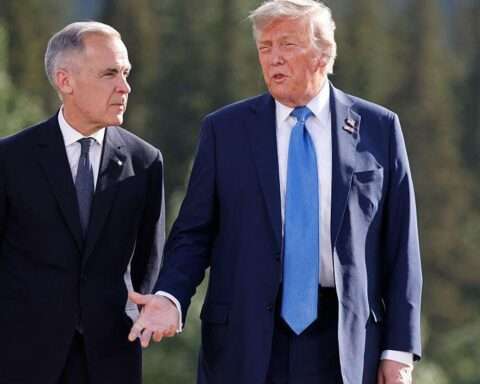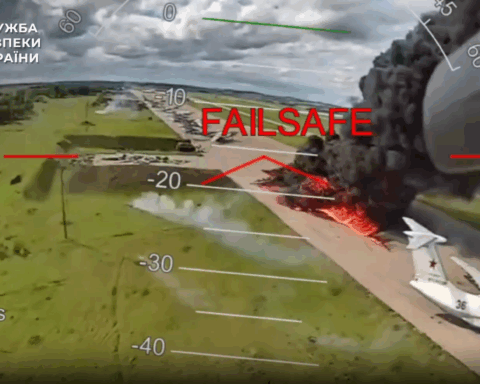Brooking – He has indicated instead that he will push back against Russian misbehavior while seeking to cooperate where doing so advances U.S. interests. In his first 100 days Mr. Biden has sought to distinguish his policy from that of Donald Trump, who seemed incapable of criticizing Vladimir Putin or Russian transgressions.
The first full day of his administration illustrated Mr. Biden’s approach. The White House said he would extend the New Strategic Arms Reduction Treaty (New START) for five years, essentially accepting an offer Mr. Putin had made more than a year earlier—but something that was very much in the interest of U.S. national security. White House officials also announced that Mr. Biden had asked for assessments of Russian actions such as interference in the 2020 presidential election and the Solar Winds cyber hack, promising that the administration would “hold Russia to account for its reckless and adversarial actions.”
Mr. Biden described his policy directly to Mr. Putin in a January 26 phone call. He discussed New START and strategic stability but also raised issues of concern, including Ukraine, election interference and Kremlin-opponent Alexey Navalny’s poisoning. The White House read-out of the call (there were several important Trump-Putin calls with no read-outs) noted that the president had also said that the United States would “act firmly in defense of its national interests in response to actions by Russia” that caused harm to America or its allies.
Anticipating relations with the Kremlin that will have major adversarial elements, the Biden administration has moved to shore up the trans-Atlantic relationship and repair the damage done during his predecessor’s four years. In a February 19 virtual appearance at the Munich Security Conference, the president reaffirmed the U.S. commitment to NATO and Article 5 (an attack against one shall be considered an attack against all), stressed the importance of collective efforts to meet the “threat from Russia,” and reached out to German Chancellor Angela Merkel, who often found herself the target of Mr. Trump’s ire. (The Biden administration also halted, and then reversed, Mr. Trump’s order to withdraw some 10,000 troops from Germany.)
As the intelligence community completed its assessment of election interference and other Russian actions, and with tensions rising due to the Russian military build-up around Ukraine, the Biden administration calibrated its response. It sanctioned a number of Russian entities and individuals on April 15. As a warning of what could come, the president issued an executive order authorizing sanctions for a broad range of potential Russian misdeeds, and the Treasury Department placed limits on purchasing Russian sovereign debt, though in a restrained manner that could later be ratcheted up and made considerably more painful.
The president foreshadowed the coming sanctions to Mr. Putin in an April 13 call in which he also reiterated the U.S. commitment to support Ukraine, a commitment that the administration has stressed publicly (if Mr. Putin was bothered by Mr. Biden’s “killer” comment in a mid-March press interview, he apparently said nothing during the call). In remarks to the press two days later, Mr. Biden noted that Washington could have imposed harsher penalties, but he had chosen proportionate measures. He added that he did not want an escalatory cycle with Moscow but sought “a stable, predictable relationship.”
Stable and predictable may be as good as it can get in the near term. In both of his calls with his Russian counterpart, Mr. Biden has raised areas—such as arms control and strategic stability—where U.S. and Russian interests should coincide. Secretary of State Tony Blinken and National Security Advisor Jake Sullivan have echoed these points. While virtually all Trump political appointees were let go when Mr. Biden took office, one notable exception was John Sullivan, the ambassador in Moscow. And the president proposed that he and Putin meet this summer.
The Biden administration believes that, even with U.S.-Russian relations at a post-Cold War nadir, the two countries can do business on certain questions where they have mutual interests. In addition to using arms control to manage their nuclear competition, the sides presumably share an interest in blunting the nuclear ambitions of Iran and North Korea. As U.S. and NATO military forces prepare to leave Afghanistan, neither Washington nor Moscow has anything to gain from chaos or a return of the Taliban to power.
The president thus has correctly laid out the possibility of some positive engagement along with measures holding Russia to account for misbehavior. His ability to pursue both of those tracks, however, will depend in part on Kremlin actions.
Arrested immediately on his return to Moscow in January, Mr. Navalny now is in dire health in a Russian prison. His death would spark an uproar in the West. More critically, while the menacing Russian military movements around Ukraine likely aim just to unnerve Kyiv and, at the same time, test Mr. Biden’s reaction (as well as that of the West more broadly), a Russian military incursion remains a distinct possibility.
Such an attack would provoke a deep crisis in relations between the West and Russia. Washington and its European partners almost certainly would respond with new and more punishing sanctions. And should that happen, a summer summit, as well as real effort to work together on selected issues where the countries’ interests converge, could get booted a long way down the road.
Steven Pifer






